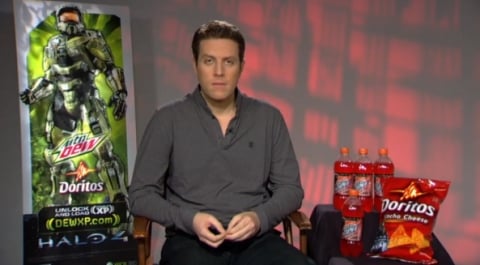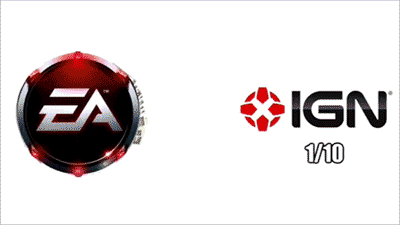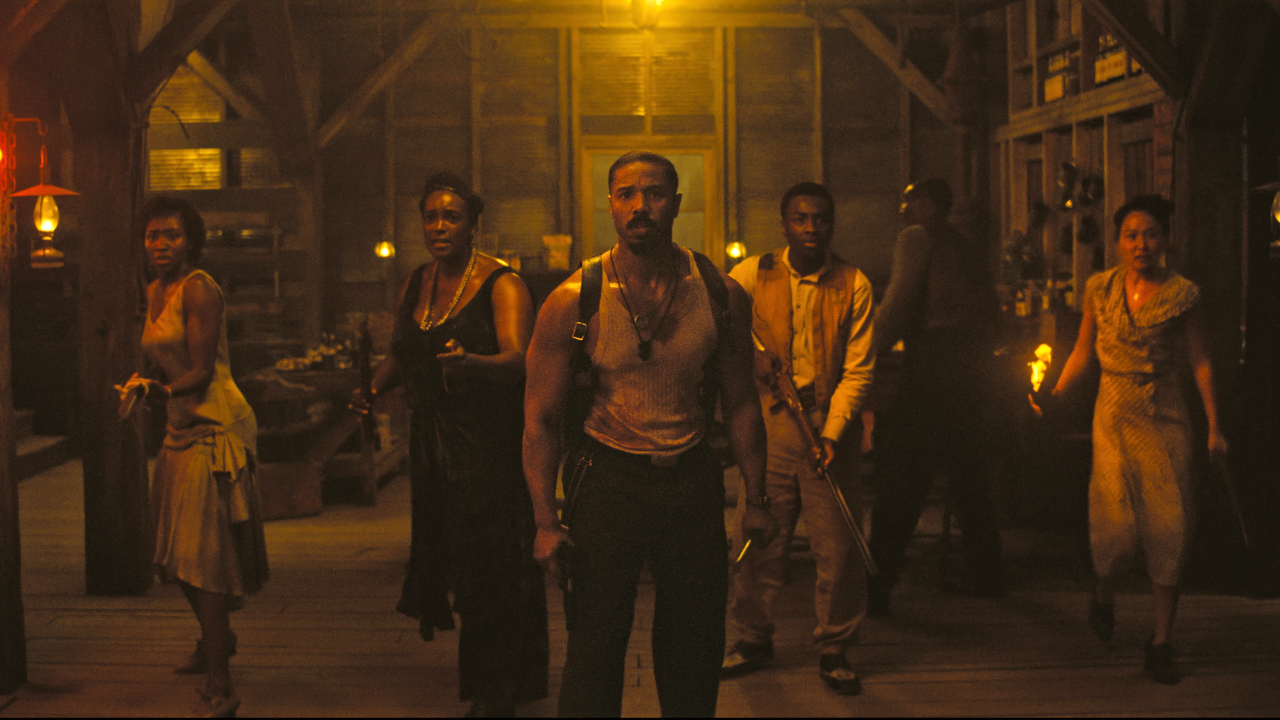Eurogamer Joins The Light Side, Blasts Shoddy Gaming Journalists

Oh Eurogamer, who knew you were on the side of right and might? Before this epiphany I surely didn't think that one of the leading video game websites on the net would come down hard on an industry plagued with corrupt advertorialism. In an article by Rab Flarence he picks out some of the more disgusting practices permeating throughout the industry.
This year, more than any other before, the corruption in the video game industry has reared its head like never before. From the Capcom case and disc-locked content appearing in games like Street Fighter X Tekken, to EA and their mistreatment of brand-loyal fans with the Mass Effect 3 botch, 2012 was the culmination of corporate advertorial pandering run amok and the fallout that followed suit (and continues to follow suit).
Eurogamer actually “went there”, dabbling in the fallout by using an image of Geoff Keighley to call the famed headliner out for an obvious ploy of advertorialism. I'm not going to say much more than Eurogamer did about about the subject, instead I'll let the cardboard ad and Doritos do the talking.

Oh dang, I wonder what they're trying to promote in that image?
Rab doesn't stop there, though, the writer takes things a step further in calling out all the journalists who took part in the self-congratulatory Games Media Awards and as part of the promotion for the event, game journalists could win a free PS3 by hash-tagging their favorite game for the win. It was a “tweet about our game and win a PS3” contest. Many of the journalists taking part didn't see a problem with winning free swag to promote their favorite game for a publisher. Ad-men at their finest.
It's one of the things that I also find somewhat disturbing about the trend in reviewing...how these free games are passed around to overly-excited reviewers who basically score on a scale of 6 – 10, with 6 being a huge pile of dog feces that you wouldn't even recommended to a blind, sick, child molester. 7 is regarded as an absolute failure and worthy of only being played by the most hardened criminals who should be subjected to some unfathomable torture in the form of a video game...these games are also usually relegated to the “rent-bin” in the “Buy it, skip it, rent it” scale. 8 means you've got a bit of a winner save it's not perfect and only deserves to be picked up when it's on sale for $30.00 after all the hype has died down. 9 is hitting perfection territory, and this hinges on blatant advertorialism most times. 10 means it's an instant “OMG, GOTY! GOTY!.....GOOOOTTTYYYY!!!!”

The scoring system is a fallacy for providing consumers with an appropriate gauge of whether or not a $60 game is worth the day-one purchase. Like many commenters across the web have brought out, most consumers don't even read reviews from major review outlets before picking a game up, they wait and check out user review scores instead, mainly because someone who wasted/invested $60 into a game won't shy away from saying whether the controls suck or if the game mechanics are broke, or whether they actually got $60 worth of replay out of a title...something rarely discussed in most reviews.
Your Daily Blend of Entertainment News
The article further points out that most “gaming journalists” don't see anything wrong with the free swag and therefore, if there is no problem with the kickbacks there is no problem to fix. It's just part of the business.
The kickbacks, events and back-padding that goes on was even mentioned by an anonymous publisher not too long ago in a community interview. The anonymous publisher explained how using the very tactics brought out in the Eurogamer article is how the big pubs persuade reviewers to pump out good scores for their games.
The main problem is that most of these journalists or advertorialists, are part of a close-knit system that sees PR befriending these folks and, in turn, the advertorialists promote whatever it is the PR wants. This means that games are rarely railed on, because advertorialists are afraid of losing out on cool swag, drunken nights out at lavish parties and all the other gimmicks that go along with basically being a video game groupie who blogs about how great it is to be a video game groupie. Unfortunately, this is basically what IGN devolved into. When consumers fired back that's when we were hit with the “entitled campaign”.
It's a problem that doesn't have an easy fix and even Rab just kind of leaves readers there to sponge up his words and absorb the image of Keighley, who sits there in the image with his paycheck behind him and his bonus sitting on the box next to him. The reality is that it doesn't matter if Halo 4 is the greatest thing ever or a sucky experience, Geoff's job is to sell you on the idea of being hyped for Halo 4 and buying Mountain Dew and some Doritos to go along with that experience. Sucky or not, his job is to sell products.
It makes it a little hard to call a salesman a journalist, when in reality they're just another promotional arm from the big corp that wants your money. But hey, maybe we can get some hard-hitting exposure of industry trends at this year's Spike TV's VGAs, in which Geoff is the executive producer...I'm sure it won't be riddled with all the latest ads and trailers from AAA publishers looking to sell you on some big name games, right? Right?!
Staff Writer at CinemaBlend.

